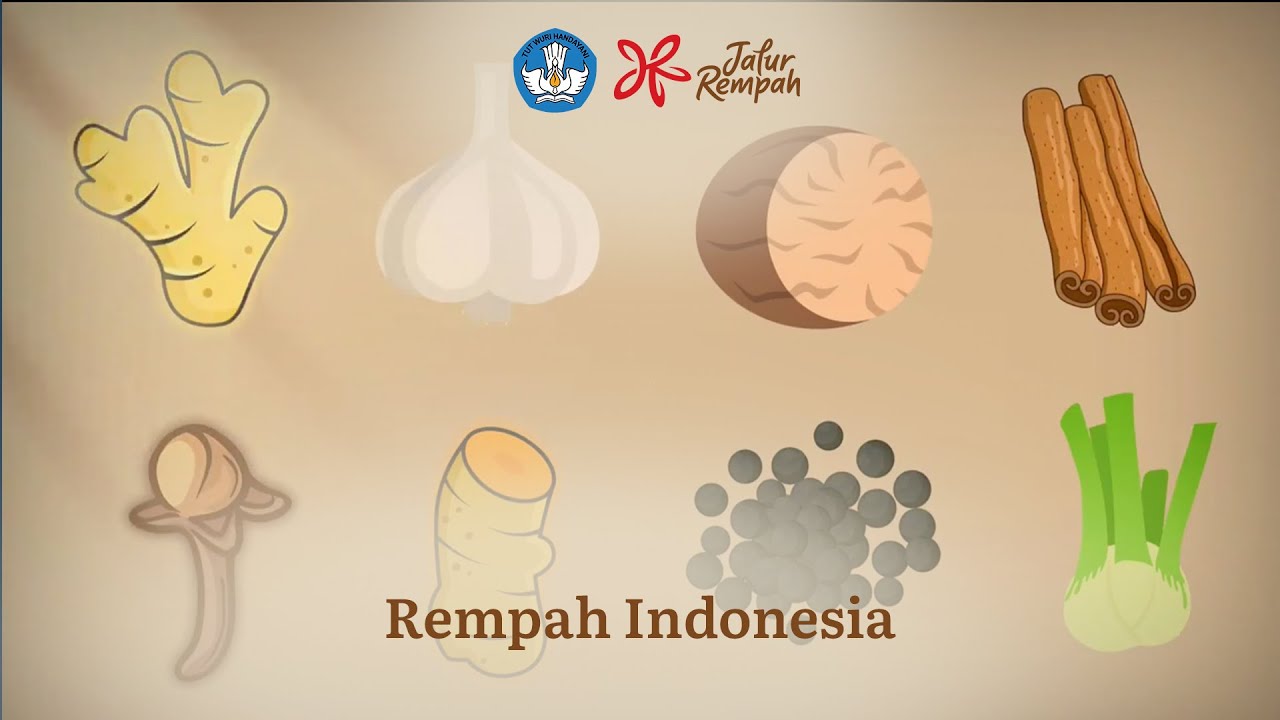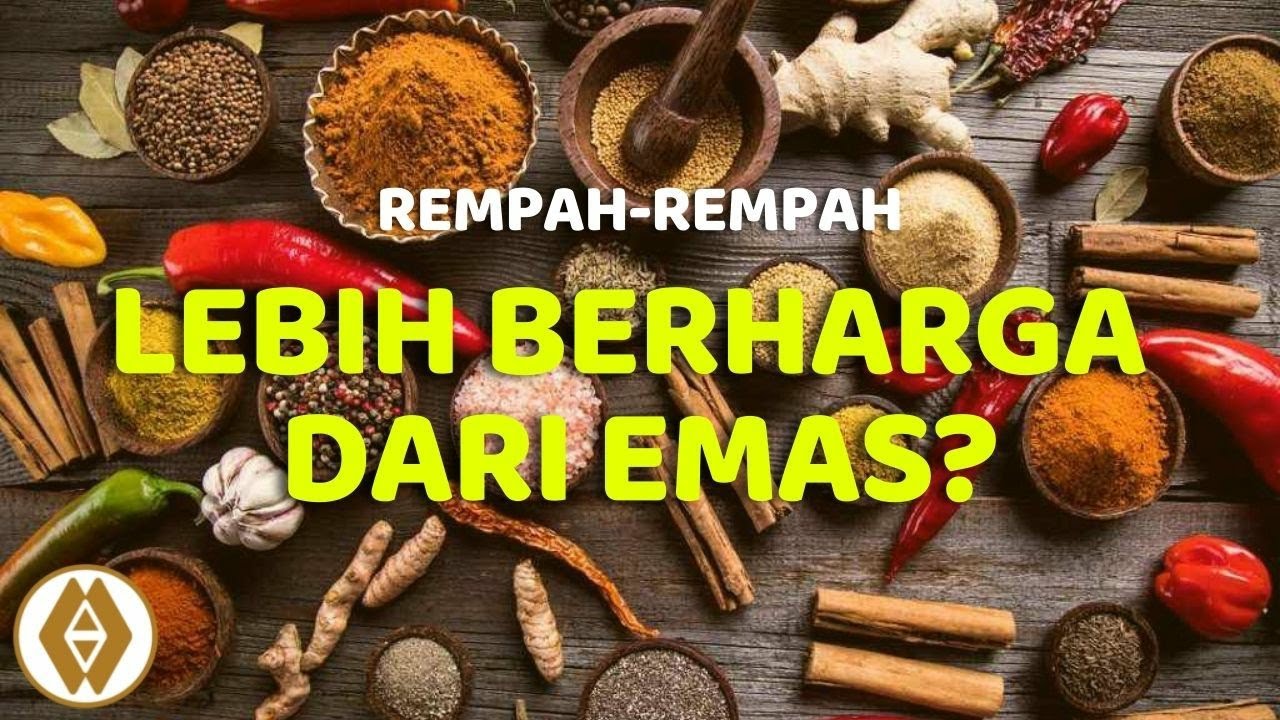Apa itu kolonialisme dan imperialisme ? | Sejarah Kelas 11 | EDURAYA MENGAJAR
Summary
TLDRThis script delves into the historical significance of spices, which were highly sought after in Europe for their ability to warm the body and preserve food, symbolizing a king's prosperity. It traces the European quest for these spices to the Indonesian archipelago, leading to colonization and the birth of colonialism and imperialism. Colonialism is defined as the control over a territory for its resources, while imperialism is the expansion of power over other nations for political and economic access. The script aims to clarify the distinction between the two concepts, providing a historical context for their emergence and impact.
Takeaways
- 🌿 The script introduces 'pala' as a type of spice that was historically significant.
- 🏰 In the past, spices were highly sought after by European nations for their various benefits, including warming the body and preserving food.
- 💰 Spices were considered a luxury commodity in Europe due to their high prices and were also a symbol of a king's prosperity.
- 🚢 European nations sought to find regions that produced spices, leading them to the Indonesian archipelago.
- 🏹 The arrival of Europeans in the Indonesian islands marked the beginning of colonialism and the exploitation of these regions.
- 🌍 Colonialism is defined as the effort of a nation to expand its power beyond its own territory, with the aim of economic dominance over resources and human resources.
- 🛡️ Imperialism is derived from the Latin word 'Imperium', meaning supreme power, and refers to the policy or ideology of expanding power over other nations.
- 🔄 The difference between colonialism and imperialism lies in their focus; colonialism is about controlling a region for specific natural resources, while imperialism is about political control and influence over another nation.
- 📚 The script provides a historical context of how European nations practiced colonialism and imperialism from the 15th century onwards.
- 🌐 The spread of colonialism and imperialism eventually reached the Indonesian region, impacting its history and development.
- 📖 The information is intended to educate the audience about the concepts of colonialism and imperialism and their implications.
Q & A
What is the significance of 'pala' in the context of the script?
-In the script, 'pala' refers to a type of spice, indicating the historical importance of spices in trade and the economy, especially in Europe.
Why were spices sought after by European nations in the past?
-Spices were sought after for their ability to warm the body and preserve food, making them valuable commodities with high demand and high prices in Europe.
What does the script imply about the role of spices in the development of colonialism?
-The script implies that the high value and demand for spices led to European nations seeking new areas for spice production, which contributed to the start of colonialism and imperialism.
What is the definition of 'colonialism' as mentioned in the script?
-Colonialism is defined as the effort of a country to develop its power beyond its own territory, aiming for dominance in economic resources, natural resources, and human resources.
What is the origin of the term 'colonialism'?
-The term 'colonialism' originates from the word 'kolonus', which means 'to dwell in', and it signifies the control and domination over a region.
How does 'imperialism' differ from 'colonialism' according to the script?
-While colonialism focuses on controlling a specific area for its natural resources, imperialism is about political control and influence over other nations to expand access and control.
What is the historical context of European colonialism and imperialism mentioned in the script?
-The script mentions that European colonialism and imperialism have been practiced since the 15th century, expanding globally and eventually reaching the Indonesian archipelago.
What was the impact of European colonialism on the Indonesian archipelago?
-European colonialism led to the colonization and exploitation of the Indonesian archipelago, as European nations sought to control the production of valuable spices.
What does the script suggest about the motivation behind European nations' exploration and conquest?
-The script suggests that the motivation behind European exploration and conquest was the desire to find and control regions rich in spices, which were a symbol of wealth and power.
How does the script describe the relationship between spices and the rise of European power?
-The script describes spices as a commodity that was highly sought after, leading to the expansion of European power through colonialism and imperialism to control these valuable resources.
What is the script's conclusion about the understanding of colonialism and imperialism?
-The script concludes by hoping that the explanation provides a clear understanding of colonialism and imperialism, their differences, and their historical context.
Outlines

Esta sección está disponible solo para usuarios con suscripción. Por favor, mejora tu plan para acceder a esta parte.
Mejorar ahoraMindmap

Esta sección está disponible solo para usuarios con suscripción. Por favor, mejora tu plan para acceder a esta parte.
Mejorar ahoraKeywords

Esta sección está disponible solo para usuarios con suscripción. Por favor, mejora tu plan para acceder a esta parte.
Mejorar ahoraHighlights

Esta sección está disponible solo para usuarios con suscripción. Por favor, mejora tu plan para acceder a esta parte.
Mejorar ahoraTranscripts

Esta sección está disponible solo para usuarios con suscripción. Por favor, mejora tu plan para acceder a esta parte.
Mejorar ahoraVer Más Videos Relacionados

JALUR REMPAH, INTERKONEKSI DAN KEBERADAAN BANGSA ASING DI NUSANTARA

Rempah Indonesia || Karya Apresiasi Pelajar SMA/SDRJ Kompetisi Visualisasi

The British Arrival in India| Digital Comic |l O'levels| Pakistan Studies 2059

MENGAPA BANGSA EROPA DULU MEMBURU REMPAH-REMPAH?

Kolonialisme dan Perlawanan Bangsa Indonesia BAB 1 Kurikulum Merdeka Bagian 2

Kenapa Banyak Negara Iri sama Rempah Indonesia? (ft. LPEI)
5.0 / 5 (0 votes)
